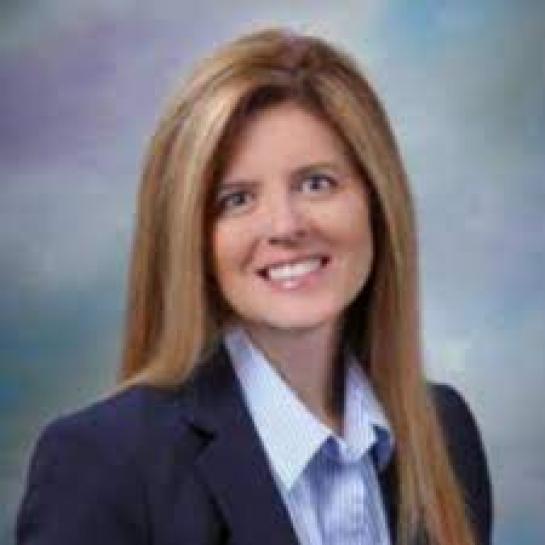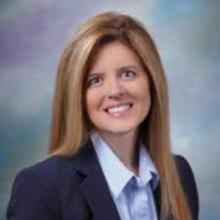President’s Message: Expanding the Diversity of Our Professional Networks

I have had the fortunate opportunity to meet with and learn from many dedicated and talented educators and teacher educators in the U.S., Europe, and North Africa over the past year. What is strikingly clear in my experiences across these global contexts, is a commitment to inclusive education and increasing our knowledge to serve individuals with disabilities. They, like many of us, are striving to improve children’s and youth’s equitable educational opportunities, improve assessment procedures for early identification and service delivery, improve practices at the universal level with the use of Universal Design for Learning Guidelines, increase use of high-leverage practices, and promote professional learning and use of evidence-based practices for students with disabilities, to name only a few priorities. These discussions have highlighted for me the importance and impact of special education research being conducted in the U.S. for a global audience of educators, children, youth, and families. Advancements in these areas and so many others on behalf of individuals with disabilities have been made possible with investments through the National Center for Special Education Research, U.S. Department of Education Office of Special Education and Rehabilitative Services’ Office of Special Education Programs, and many other agencies, organizations, private foundations, and universities.
So, in the spirit of my President’s Message for the CEC Division for Research Newsletter, I have been thinking about this global effort in terms of collaboration, networks and diversity. I believe collaborations are at the heart of our work and that our work is enriched through collaborations with others from diverse perspectives and experiences. Collaborations with scholars around the world offer opportunities to challenge ourselves and each other to think about our research in new and deeper ways. For example, consider research efforts on behalf of students with disabilities who are English learners (e.g., Richards-Tutor & Solari, 2022) or multi-lingual learners (Brown & Aceves, 2022) – what might we learn and share through collaborations with educational researchers in Morocco where many students begin primary education speaking an Amazigh language and then learn Arabic and French as the languages of instruction? Also consider research to understand and improve working conditions and experiences of the special education workforce (e.g., teachers, Cumming, Bettini, Brunsting, & Sharde, 2022; paraprofessionals, Fluhler et al., 2022) – what might we learn and share through collaborations with educational researchers and practitioners in Ireland who are exploring innovative models of professional development to promote inclusive practices? These collaborations are one way to expand our scholarly networks. Another way to expand our reach and networks is by sharing our research with global audiences and/or developing new research partnerships across contexts. The CEC Division of International Special Education and Services (DISES) has a long history of global collaborations and networking. Then, when the onset of the COVID-19 pandemic required we shift to new ways of engaging, we become more adept with digital communication platforms. This resulted in the rise of virtual conferences that removed traditional barriers of conference costs and time away and allowed special education and other education scholars to come together and share ideas, like never before. By expanding the diversity of our professional networks both within the US and globally, I believe we can continue to think deeply about how we serve individuals with disabilities and their families through our educational systems, policies, and practices.
References
Brown, J. E., & Aceves, T. C. (2022). Multilingual learners testing, assessment, and evaluation. In Christopher J. Lemons, Sarah R. Powell, Kathleen Lynne Lane, & Terese C. Aceves (Eds.) Handbook of Special Education Research, Volume II (pp. 233-246). Routledge.
Cumming, M. M., Bettini, E., Brunsting, N. C., & Theodore, S. (2022). Leveraging working conditions to improve the quality and effectiveness of the special education teacher workforce. In Christopher J. Lemons, Sarah R. Powell, Kathleen Lynne Lane, & Terese C. Aceves (Eds.) Handbook of Special Education Research, Volume II (pp. 56-70). Routledge.
Richards-Tutor, C., & Solari, E. J. (2022). Evidence-based, culturally responsive interventions to improve academic outcomes for English learners with reading difficulties. In Christopher J. Lemons, Sarah R. Powell, Kathleen Lynne Lane, & Terese C. Aceves (Eds.) Handbook of Special Education Research, Volume II (pp. 150-162). Routledge.
Fluhler, S. K., Lemons, C. J., Haddad, Y. E., Chauvin, C., Martin, G., LeJeune, L., & Gurwitz, E. (2022). Paraprofessionals' perceptions of job-related supports, challenges, and effectiveness. In Christopher J. Lemons, Sarah R. Powell, Kathleen Lynne Lane, & Terese C. Aceves (Eds.) Handbook of Special Education Research, Volume II (pp. 97-109). Routledge.
